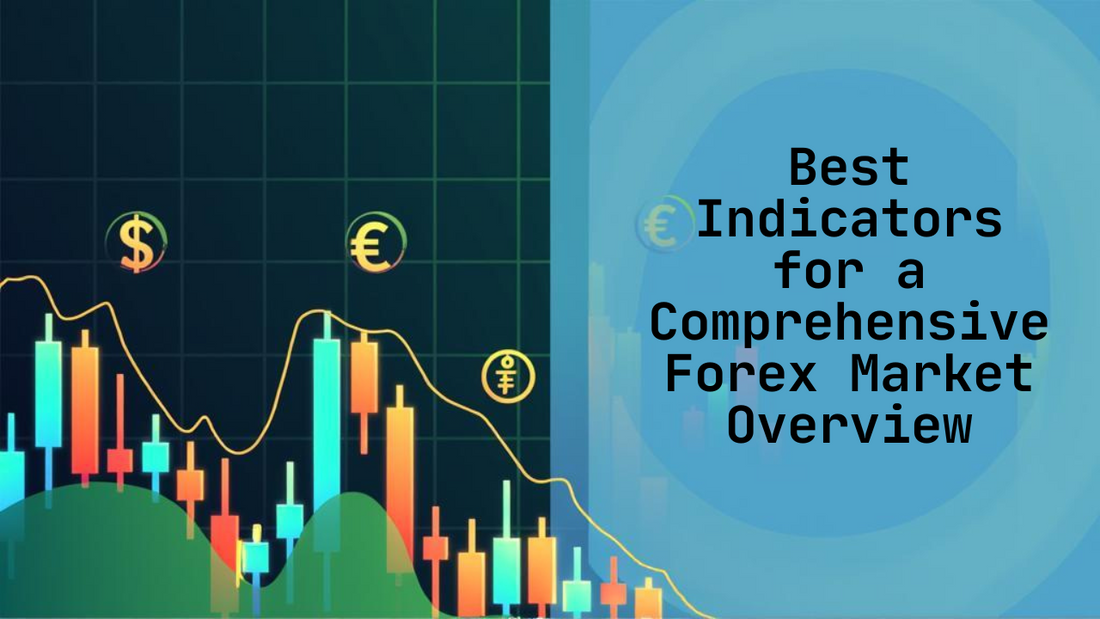
Best Indicators for a Comprehensive Forex Market Overview
Share
When it comes to navigating the complex world of forex trading, having a comprehensive market overview is crucial for making informed decisions. But with so much data available, how can traders determine the best indicators to focus on? Let's explore the key indicators that provide valuable insights into the forex market.
1. Economic Indicators
Economic indicators, such as GDP growth, employment rates, and inflation levels, offer valuable insights into the overall health of a country's economy. These indicators can impact the strength of a nation's currency, making them essential for forex traders to monitor.
2. Interest Rates
Interest rates set by central banks play a significant role in determining the value of a currency. Higher interest rates can attract foreign investment, leading to a stronger currency value. Traders closely watch interest rate decisions and statements from central banks for clues about future monetary policy.
3. Political Stability
Political stability is another crucial factor that can influence currency values. Political events, such as elections, policy changes, or geopolitical tensions, can create volatility in the forex market. Traders need to stay informed about political developments that may impact currency movements.
4. Market Sentiment
Market sentiment refers to the overall attitude of traders towards a particular currency pair. Sentiment indicators, such as the Commitment of Traders (COT) report, can provide insights into whether traders are bullish or bearish on a currency. Understanding market sentiment can help traders anticipate potential price movements.
5. Technical Analysis
Technical analysis involves studying historical price data and chart patterns to identify potential trading opportunities. Indicators like moving averages, RSI, and MACD can help traders analyze price trends and make informed decisions. Technical analysis is a valuable tool for predicting future market movements.
6. Volatility Index
The volatility index, such as the VIX, measures market volatility and investor fear. High volatility levels can indicate uncertainty and risk aversion, leading to erratic price movements. Traders use the volatility index to gauge market stability and adjust their trading strategies accordingly.
By paying attention to these key indicators, forex traders can gain a comprehensive understanding of the market dynamics and make well-informed trading decisions. Remember, staying informed and continuously analyzing market data is essential for success in the fast-paced world of forex trading.



